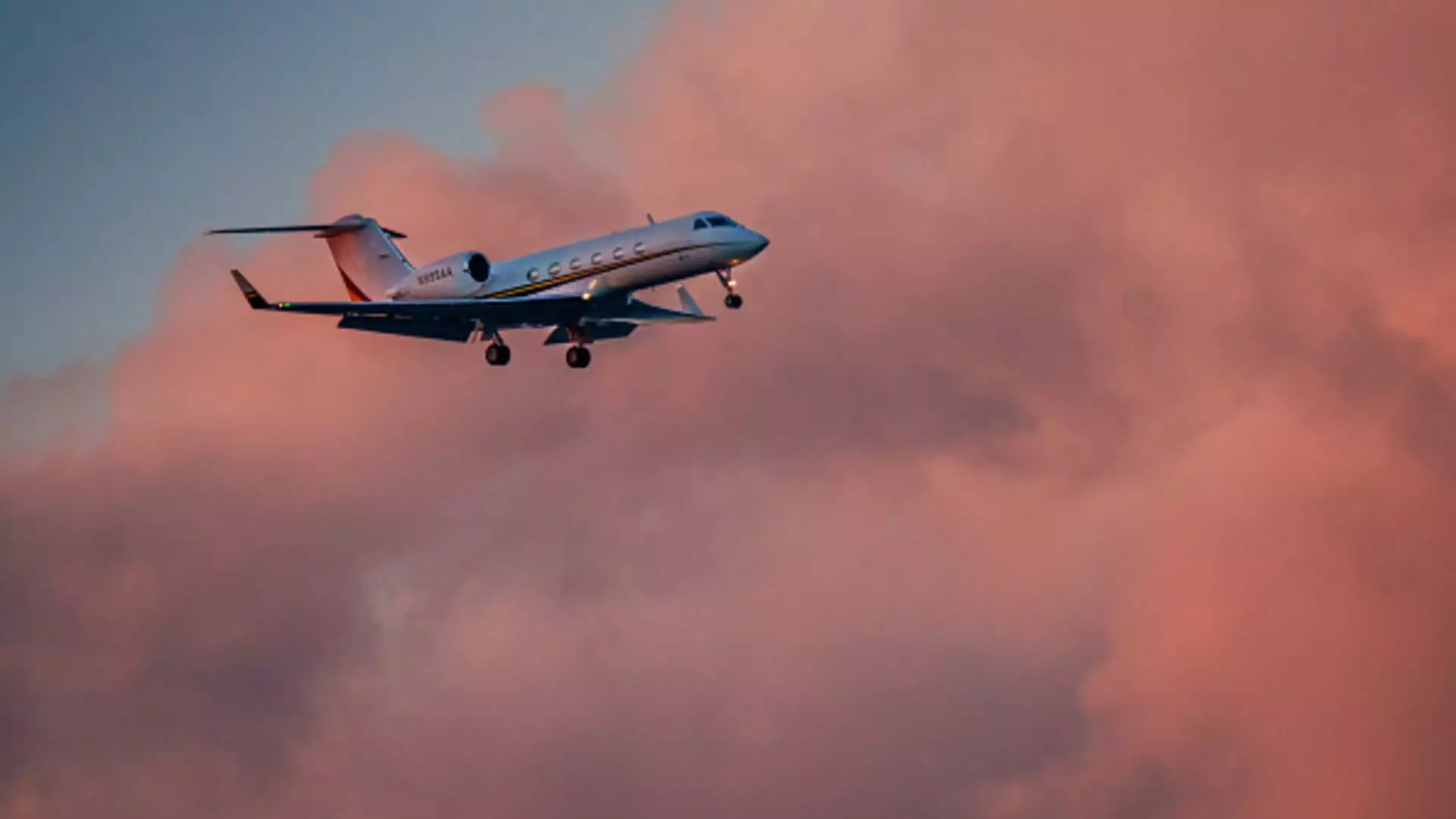One of the most significant challenges facing the private jet industry is the decrease in demand for private jet flights. According to recent data, private jet flights fell by 15% in the first half of the year compared to their peak in 2022. This decline is attributed to waning demand and a new competitive landscape for high-end travel. Despite a brief increase in private jet flights during the Summer Olympics, the industry continues to face a downward trend this travel season.
The challenges and fleeting success in private aviation can be traced back to the COVID-19 pandemic. In 2020, as airports and airlines shut down, private jets emerged as a safer and more convenient way to travel. Wealthy travelers who had previously been hesitant to fly private due to cost and energy consumption found justification in isolating at 40,000 feet. This led to a massive increase in demand for private jet flights during the height of the pandemic.
The flood of liquidity from government spending, stimulus, low interest rates, and a booming stock market during the pandemic also contributed to the rise in private jet travel. Companies rushed to buy planes, hire pilots, and sign up new members. However, the demand overwhelmed the industry, leading to delays and cancellations as operators struggled to keep up with the surge in demand.
Although private jet flights are still ahead of 2019 levels, the industry is facing challenges as demand falls and fleets sit idle. Smaller charter operators with limited fleets are particularly vulnerable, as they struggle to attract customers and cover expenses. The reduction in flights has resulted in unsold planes piling up and prices softening in the market.
While some occasional fliers may have shifted back to commercial airlines for certain trips, heavy users of private jet flights are still flying. Many of these frequent flyers are opting for membership, jet card, or fractional ownership programs to ensure reliable and quality service. Industry giant NetJets has seen an increase in fractional flights, demonstrating a shift towards ownership models that offer more flexibility and a larger fleet.
The private jet industry is facing a period of transition and adjustment following the surge in demand during the COVID-19 pandemic. While challenges remain, industry experts believe that the current decrease in demand is necessary for the industry to achieve a more sustainable equilibrium. As the industry adapts to changing consumer preferences and market conditions, the future of private jet travel remains uncertain but promising for those who value exclusivity and convenience.

Leave a Reply